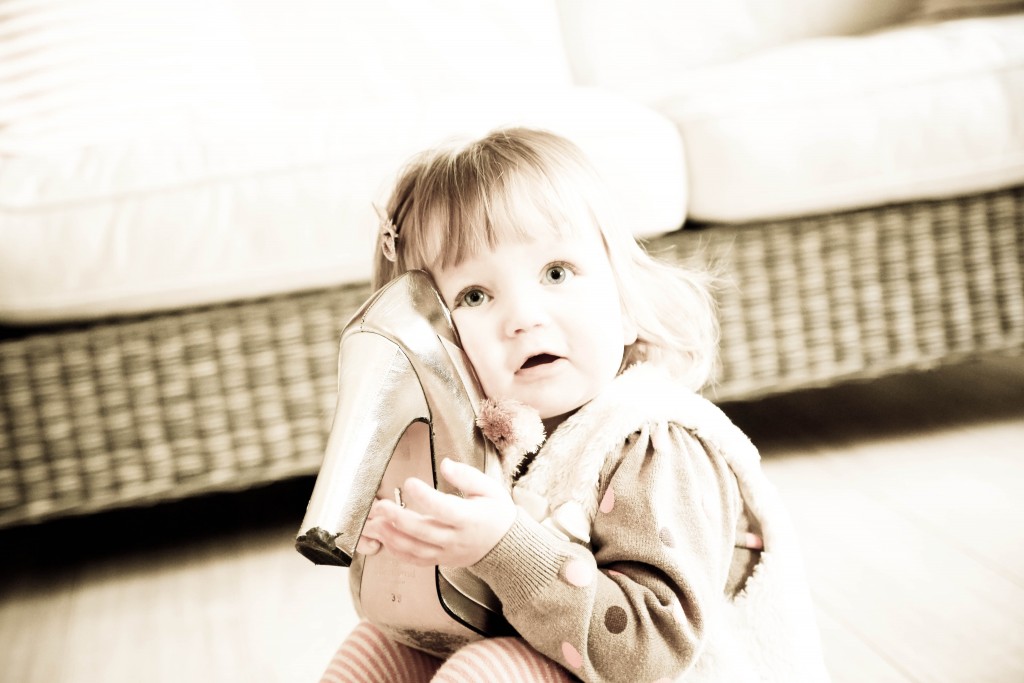My Child Has Been Diagnosed with Hearing Loss. What Next?
If you have recently discovered that your child has hearing loss, it’s important to get the facts about what lies ahead as soon as possible.
Quick and effective intervention is usually the basis of successful treatment, but different causes of hearing loss require very different care plans.
Thankfully, there are many options available for children with partial hearing loss, and some of them have the potential to completely reverse the initial symptoms.
Your child may have been diagnosed with hearing difficulties, but the first step towards devising a specific care plan involves finding out the cause of the condition. There are several reasons for hearing loss in children, and discovering which of them led to your child’s problems is the key to successful treatment.
The main causes of hearing problems in children include:
- Conductive hearing loss – caused by a blockage that stops sound passing through the ear
- Head injuries
- Sensorineural hearing loss – caused by damage to the hair cells within the cochlea
- Structural problems within the ear
- Infection
What tests are required for a definitive diagnosis of hearing loss?
Comprehensive hearing tests for children will be required to get to the root cause of your child’s problem. Sometimes, three or four different tests are needed before a definitive diagnosis can be made.
For instance, automated otoacoustic emissions tests (AOAE) involve a series of clicking noises. A computer attached to an earpiece then measures the response given by the ear.
Your child may also have to undergo an automated auditory brain-stem response test, which involves sensors being place on the head and neck in order to pick up nerve responses when a sounds is played through a set of headphones. If your child is old enough to communicate responses, a pure tone audiometry test could be given, which involves a series of sounds being played at varying volumes and frequencies.
Your child will be asked to press a button or respond in an age appropriate way when each sound is heard. There is also a chance that a bone conduction test will be ordered – involving a bone ‘vibrator’ being placed behind the ear to test how well the hearing nerve is performing.
What are the treatment options available for juvenile hearing loss?
Your child’s consultant or audiologist will talk you through the options available once a root cause for the hearing loss has been ascertained.
If your child has irreversible hearing loss, but has some residual hearing, technology might be recommended. For instance, a hearing aid amplifies sounds, and cochlear implants send sound signals directly to the hearing nerve. A bone-anchored device might be recommended if your child is unable to wear a hearing aid that fits either in or behind the ear.
You might also be given advice on the various technological aids that can improve your child’s quality of life. An FM system might be added to a hearing aid in order to help your child pick up conversations when there is significant background noise. Captioning options are available on all modern televisions, and a range of visual aids are available for devices (such as phones) which rely on auditory signalling.
If your child’s hearing can be improved, there are some medications and surgical procedures that could help. This is particularly the case if your child is suffering from conductive hearing loss, or if there is a problem with the middle or outer ear.
A very common cause of hearing loss is infection. Certain infections can lead to a build-up of fluid in the middle ear, which can block sounds from passing.
In most cases, these infections can be treated with nothing more than antibiotics and careful monitoring. In a small number of cases, however, the fluid build-up will need to be surgically removed, which will involve placing a tiny tube into the eardrum after the fluid has been drained away.
Some babies are born with structural defects in their middle or outer ear, which can lead to hearing problems. An ear, nose and throat specialist might be able to cure or improve hearing with surgery.
Unfortunately, some cases of hearing loss are total, in which case your child might be referred to a sign language tutor. If this happens, you and other members of your family will need to attend lessons as well, so you can include your child in daily family life.
After an initial diagnosis of hearing loss, your child will undergo a series of more detailed tests to get to the root cause of the issue.
However, with the right support, an early diagnosis and a team of experienced physicians, nurses and audiologists, your child stands a great chance of living a normal and productive life.
——–
*Disclosure – this post kindly comes to you from The Portland Hospital.







